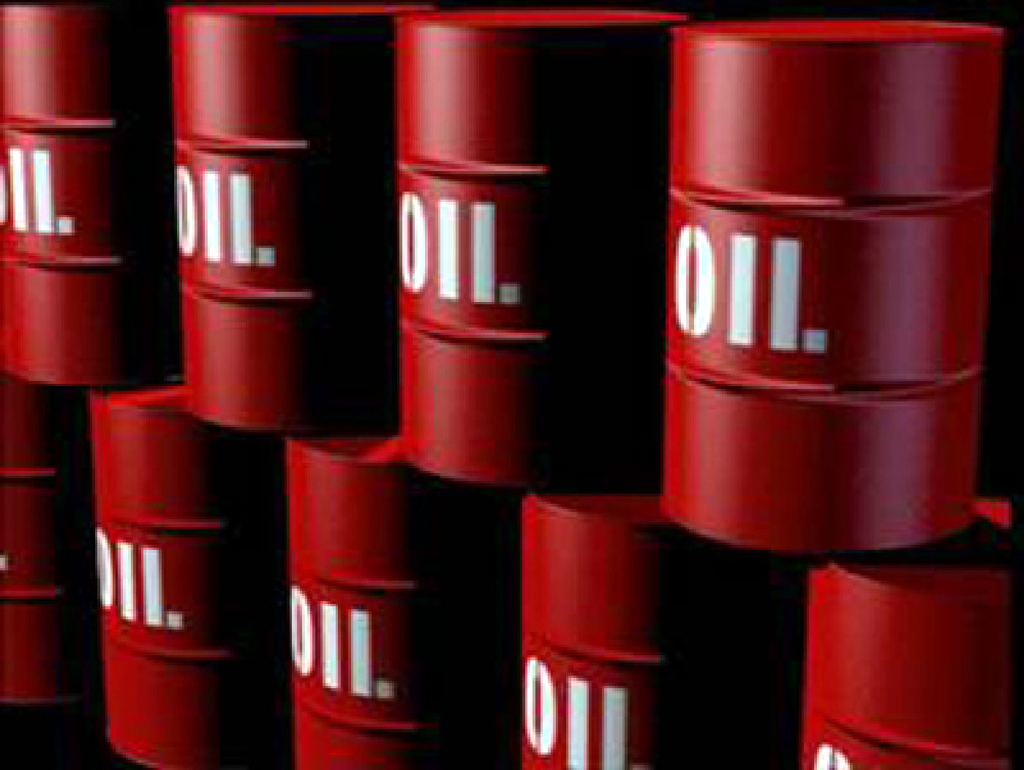 MOSCOW: Major Russian oil companies have challenged a plan by Transneft that aims to resolve a problem of tainted oil stuck in Russia's pipeline and storage system by diluting it with clean crude, four company sources said on Wednesday.
MOSCOW: Major Russian oil companies have challenged a plan by Transneft that aims to resolve a problem of tainted oil stuck in Russia's pipeline and storage system by diluting it with clean crude, four company sources said on Wednesday.
They said mixing the crude would undermine the quality and price of Russian exports for longer, as it might take until mid-2020 to fully flush out Transneft's pipeline network, rather than emptying it now and selling the tainted crude at a big discount.
The pipeline monopoly's preliminary plan was discussed at a meeting at the Russian Energy Ministry on Tuesday, the sources said, adding it was unlikely the objections raised by the major oil firms would halt Transneft's plans to proceed next week.
"It is not a good idea to mix clean and dirty barrels. It is a waste of the product. There are other options to get rid of contaminated barrels and we will make our proposals," one of the four sources told Reuters, asking not to be named.
Another source said selling dirty barrels at a steep discount was the best way to swiftly resolve the issue.
Transneft, the Energy Ministry and top oil firms Rosneft , Lukoil, Gazprom neft, Surgutneftegaz, Russneft and Tatneft which attended the talks did not respond to requests for comment.
Russia's oil industry was plunged into crisis after about 5 million tonnes of oil for export was found in April to be contaminated with organic chloride, a chemical used to help boost oil extraction but which can damage refining equipment.
Exports through the Druzbha pipeline that transports oil as far west as Germany were halted and have only partially resumed.
President Vladimir Putin said it was a blow Russia's reputation as a supplier. Buyers have demanded compensation.
Tainted crude has been stuck in pipelines in Belarus and branches further west in Poland, Germany, Ukraine, Slovakia, Hungary and the Czech Republic. About 2 million tonnes have been pumped back from Belarus to Russia, where it is being stored.
Russia allows no more than 6 parts per million (ppm) of organic chloride content in oil, while the levels in the pipeline had soared to 150-250 ppm.
Before the contamination, levels rarely exceeded 1-3 ppm. Many consumers in Europe and Asia reject oil with organic chloride content above 1 ppm.
Transneft told those attending Tuesday's meeting it would start mixing contaminated volumes with clean oil from next week, the four sources, who attended the gathering or were familiar with the discussions, told Reuters.
As a result, organic chloride levels would average 5 ppm in all Russian Urals oil exports from the Black Sea and Baltic ports as well as for supplies to domestic refineries in Russia's western European region.
If the plan was implemented, elevated contamination levels were expected to persist until the middle of 2020 or even longer until the system was fully cleared, the sources said.
Urals crude oil loading from Primorsk in the Baltic and Novorossiisk currently has around 1 ppm organic chloride content, while in Ust-Luga it is around 3.5 ppm.
Two of the four sources said some companies had suggested exporting all dirty oil from the Baltic port of Ust-Luga and/or using it for heating needs at home.
But Transneft was unlikely to change tack, two sources said.
"We don't like it but we expect it to happen next week," one of them said, while a source at a large Russian oil company added that Transneft had "made up its mind".


























Comments
Comments are closed.